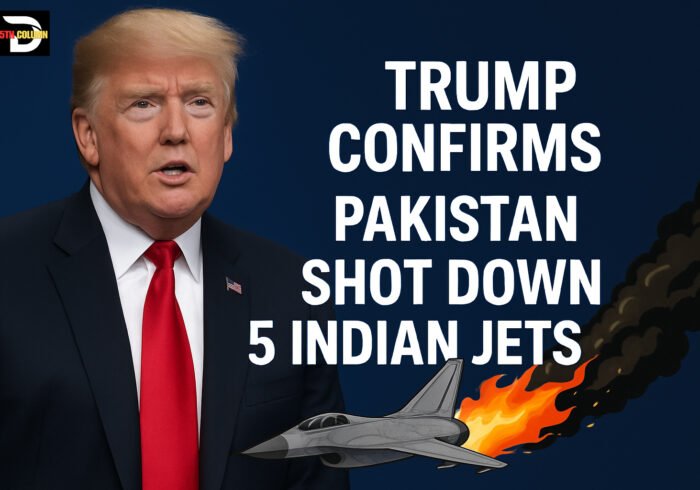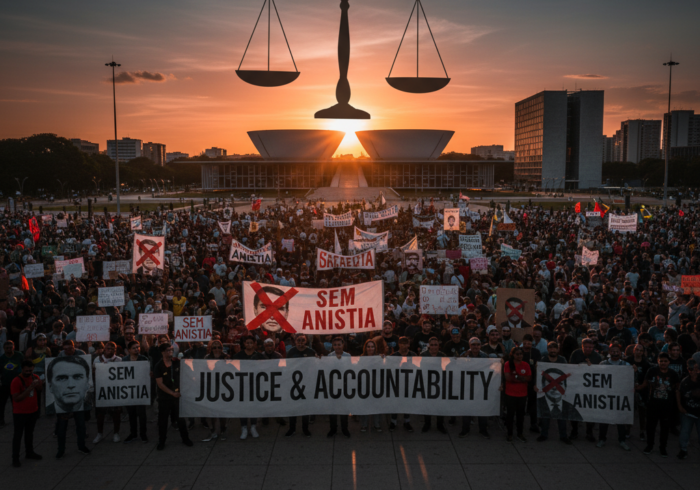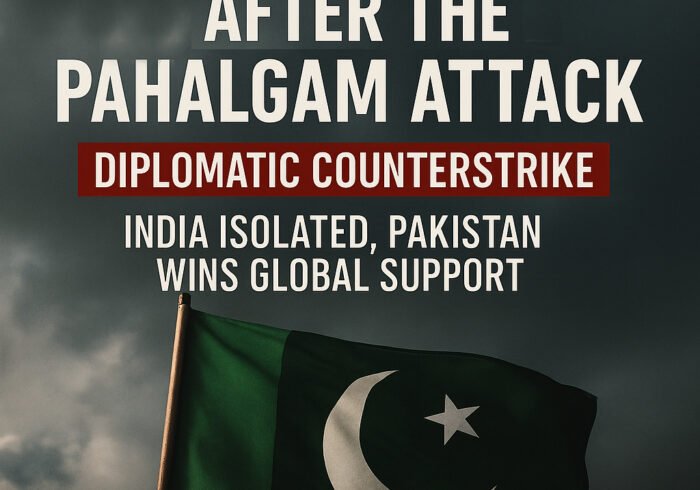Fake news and deepfake concerns have surged in India, according to a study conducted by the Indian School of Business (ISB) and CyberPeace. The research highlights how social media has become the primary vehicle for spreading misinformation, posing a serious challenge to national security, social cohesion, and democracy. As the Indian government works on indigenous tools to combat this threat, the findings underscore the urgent need for coordinated action.
The study analyzed a large volume of fake news content and revealed that political fake news dominates at 46%, followed by general issues (33.6%) and religious misinformation (16.8%). These three categories alone account for 94% of all fake news identified in the study. Social media platforms are the primary sources of misinformation, contributing to 77.4% of cases, while traditional media accounts for 23%. Among social media platforms, Twitter (61%) and Facebook (34%) were found to be the most active in spreading fake news.
The widespread use of artificial intelligence (AI) has exacerbated the problem, making deepfakes a new frontier in misinformation. Deepfake technology is being used to manipulate videos and audio clips, making it increasingly difficult to differentiate between real and fake content. This has led to severe consequences, including political manipulation, financial fraud, and social unrest.
The Role of Disinformation in Indo-Pak Relations
Disinformation campaigns are not just a domestic issue but also a geopolitical tool. India’s intelligence agency, the Research and Analysis Wing (RAW), has been linked to orchestrating disinformation campaigns against Pakistan. The EU DisinfoLab’s 2020 report exposed how a network of fake media outlets was used to undermine Pakistan’s image on global platforms. Similarly, a recent study by Stanford Internet Observatory titled “My Heart Belongs to Kashmir” detailed a covert Indian influence operation designed to spread anti-Pakistan narratives and obscure the Kashmir issue.
India has also been accused of attempting to destabilize Pakistan through proxy groups. Intelligence sources suggest that RAW funded the BNF-Hameed group with Rs. 1 billion to create unrest in Gilgit-Baltistan by spreading secessionist propaganda and inciting terrorist activities. The group even tried to set up an FM radio station to broadcast anti-Pakistan narratives, but security agencies thwarted the attempt.
Fake News and Political Polarization

Fake news has played a significant role in exacerbating political divisions in India. The ongoing power struggle between the Pakistani government and former Prime Minister Imran Khan has also seen a surge in misinformation. Indian media outlets and social media accounts have been accused of amplifying anti-state rhetoric, further deepening Pakistan’s political crisis.
Indian media narratives also highlight how figures like Major Gaurav Arya (retd) have openly supported Imran Khan for his criticism of the Pakistani military. The NDTV even reported Khan’s statement that his criticism of the army was “constructive” and not meant to weaken the institution. Such narratives are often exploited by external forces to create internal discord within Pakistan.
Under Prime Minister Narendra Modi’s leadership, Indian media has increasingly been accused of manipulating narratives for political gain. Reports indicate that India’s disinformation ecosystem is designed to target not just Pakistan but also its citizens by influencing public opinion on sensitive issues.
A recent example of this manipulation was seen during the farmers’ protests in India. Pro-government media outlets labeled protesting farmers as “terrorists” and “anti-national elements” to delegitimize their movement. Similarly, the Indian government’s handling of the 2020 Delhi riots saw a flood of misinformation aimed at shifting blame from Hindu nationalist groups to Muslims. The role of digital platforms in shaping these narratives cannot be ignored.
Pakistan’s Need for a Media Strategy
In an era where information warfare is a reality, Pakistan needs to take a proactive stance. The media plays a crucial role in shaping public perception and can be used as a tool to foster national unity. During the 1965 war, patriotic songs and media campaigns helped mobilize the entire population against external threats. A similar approach is needed today to counter misinformation and create a strong national identity.
The rise of protectionist sentiments globally makes it even more crucial for Pakistan to instill a sense of belonging among its citizens. The media can be instrumental in this by promoting narratives that strengthen national unity. Utilizing symbols, cultural heritage, and historical events can help counter disinformation campaigns aimed at weakening Pakistan’s social fabric.
The Way Forward
To tackle the growing threat of fake news and disinformation, a multi-pronged approach is needed:
- Government Regulation: India and Pakistan must develop stricter laws to regulate social media content while ensuring free speech is not compromised.
- Media Literacy Campaigns: Educating the public about fake news and how to identify misinformation is crucial.
- Technology-Based Solutions: AI-driven fact-checking tools should be developed to detect and flag fake news.
- Strengthening Cybersecurity: Governments should invest in cyber defense mechanisms to counter disinformation campaigns from external actors.
- Regional Cooperation: India and Pakistan should engage in diplomatic dialogues to address disinformation concerns and prevent escalation due to fake news.
Fake news and disinformation are not just challenges for India and Pakistan but for the entire world. The ISB-CyberPeace study sheds light on the severity of this issue, emphasizing the need for immediate action. While governments must lead efforts to create secure digital ecosystems, individual responsibility is equally crucial. The battle against fake news is a collective one, requiring awareness, collaboration, and technological innovation to safeguard the truth in an increasingly digital world.
About Author
Tahama Asad is an independent researcher and can be reached at tahamaasad15@gmail.com





